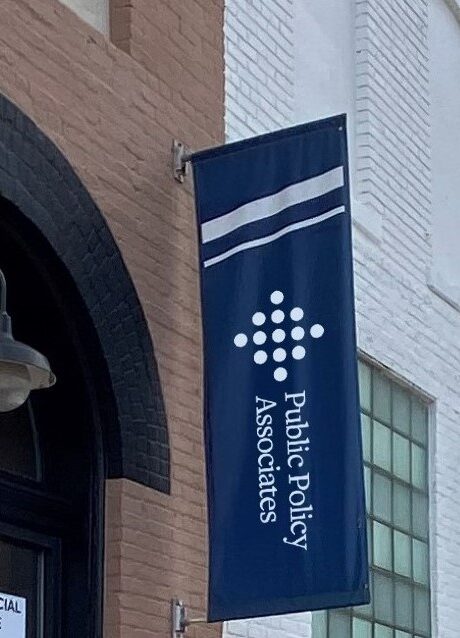 One in four school-age children in the United States don’t have the digital tools in their homes to support remote learning Public Policy Associates, Inc. researchers have found in a new study for the National Education Association. The lack of computers or high-speed internet means millions of students are ill-equipped for the online education that has become commonplace during the coronavirus pandemic.
One in four school-age children in the United States don’t have the digital tools in their homes to support remote learning Public Policy Associates, Inc. researchers have found in a new study for the National Education Association. The lack of computers or high-speed internet means millions of students are ill-equipped for the online education that has become commonplace during the coronavirus pandemic.
PPA’s report, Digital Equity for Students and Educators, included separate analyses of each of the 50 states and the District of Columbia, as well as an analysis of what groups of students are less likely to have adequate technology. Black, Indigenous, and students of color, for example, had substantially less connectivity than White students, the data show.
The researchers also found that many educators lack sufficient digital technologies, which limits their ability to reach their students.
The report was prepared by PPA Senior Research Associate Nathan Burroughs, Ph.D., and PPA Director for Education Policy Daniel Quinn, Ph.D. Read NEA’s press release here and access the full report and two-page summary on NEA’s website. A Spanish version of the press release is available, which provides a link to download the Spanish version of the full report.
For more questions about PPA’s reports addressing the digital divide, please contact Dr. Burroughs via email at nburroughs@publicpolicy.com or Dr. Quinn at dquinn@publicpolicy.com. For more information about PPA’s work in K-12 education, please contact Dr. Quinn by phone at (202) 854-8077.

